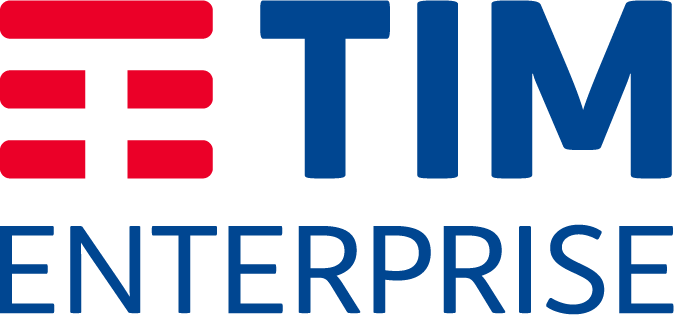1. Understand Your Organization’s Unique Needs
Before diving into partner evaluations, start with an internal assessment of your organization. Identify:
- Current Mobile Infrastructure: What network systems are currently in place?
- Pain Points: Are you struggling with security gaps, lack of global view, inconsistent device management, or are you using too many resources for mobile management?
- Future Goals: How do you envision your mobile strategy evolving over time? Consider plans for expansion, incorporating mobile assets among the IT assets, new technologies, or greater remote work adoption?
A clear understanding of your needs will ensure you choose a partner equipped to address your specific challenges and growth objectives.
2. Focus on Scalability and Flexibility
As your organization grows, your mobile management needs will inevitably expand. Your EMM partner should:
- Offer scalable solutions that can accommodate more devices, users, and regions as needed.
- Provide flexibility in customizing services to align with your operational structure and changing business models.
- Be adaptable to emerging technologies and trends, such as automation of business processes, and 5G, ensuring your systems stay up-to-date and competitive.
A partner with the foresight to scale and adapt alongside your organization will prove invaluable in the long term.
3. Verify Their Track Record and Reputation
The best EMM partners have a proven history of delivering reliable services and building strong client relationships. Before making your decision:
- Look for client testimonials and case studies that showcase their expertise and past successes.
- Research industry recognition or certifications that highlight their commitment to excellence.
- Request references or feedback from other companies that have worked with the provider.
- Request if there are Customer Relationship programs in place
A partner with a solid reputation and a history of satisfied clients is more likely to deliver the results you need.
4. Ensure Comprehensive Geographic Coverage
For multinational organizations, ensuring mobile management across diverse regions is crucial. The ideal partner will:
- Offer consistent service coverage in all your operational territories.
- Have in-depth knowledge of local regulations and compliance requirements, such as GDPR in Europe or other data protection laws.
- Provide regional support teams to address location-specific challenges effectively.
Global coverage combined with local expertise ensures seamless operations and reduces the risk of legal or logistical complications.
5. Assess Support and Security Measures
Strong support and robust security protocols are non-negotiable in today’s interconnected world. When evaluating potential partners:
- Ask about their support infrastructure, including response times, availability, and issue resolution processes.
- Ensure they employ advanced security measures to protect sensitive business data, such as encryption, multi-factor authentication, and mobile device management (MDM) tools.
- Evaluate their ability to prevent and respond to emerging threats, such as phishing, malware, or data breaches.
A partner that prioritizes support and security will safeguard your operations and minimize downtime.
6. Look for Value-Added Services
Beyond basic mobile management, the right partner should offer additional features to enhance your operations, such as:
- Advanced Analytics: Tools to track and optimize device usage, data consumption, and costs.
- Custom Integrations: Compatibility with existing systems, such as ITSM platforms.
- Application Management: Streamlined deployment and updates for business-critical apps.
These extras not only improve operational efficiency but also make your mobile strategy more effective and future-proof.
7. The Role of Partnerships Like FreeMove
Organizations like the FreeMove Alliance, founded 20 years ago by Deutsche Telekom, Telia, Orange Business, and TIM, exemplify how collaboration between top telecom providers can deliver seamless, global mobile management solutions. Leveraging partnerships like these can enhance your organization’s connectivity, compliance, and operational consistency across multiple countries. By working with a partner that aligns with such alliances, you gain access to innovative, scalable solutions tailored to multinational businesses.
Key Questions to Ask Potential Partners
Before finalizing your decision, ensure you have answers to the following:
- How do you handle scaling services for growing organizations?
- What measures do you take to ensure compliance in different regions?
- Can you provide examples of how you’ve solved challenges for other multinational companies?
- What security protocols do you implement to protect corporate data?
- What additional services or customizations do you offer?
- What is the Customer Relationship program/s you have in place?
Conclusion
Choosing the right enterprise mobile management partner is a strategic decision that directly impacts your organization’s efficiency, security, and growth. By focusing on scalability, security, geographic coverage, and value-added services, you can ensure a seamless mobile experience for your employees and customers.
Remember, the right partner isn’t just a vendor—they’re a critical ally in building a robust, future-ready mobile strategy. With the right guidance and partnerships, your enterprise can unlock the full potential of mobile technology.







